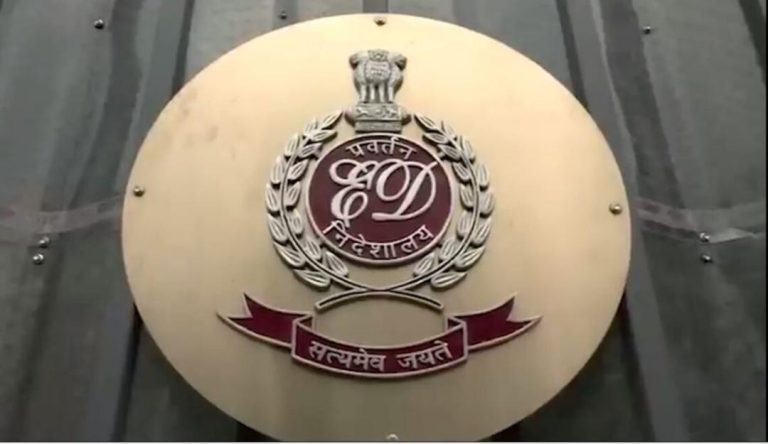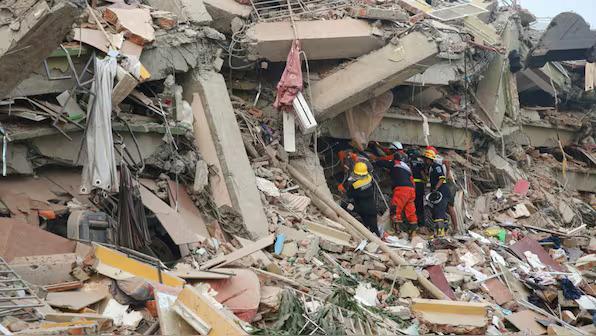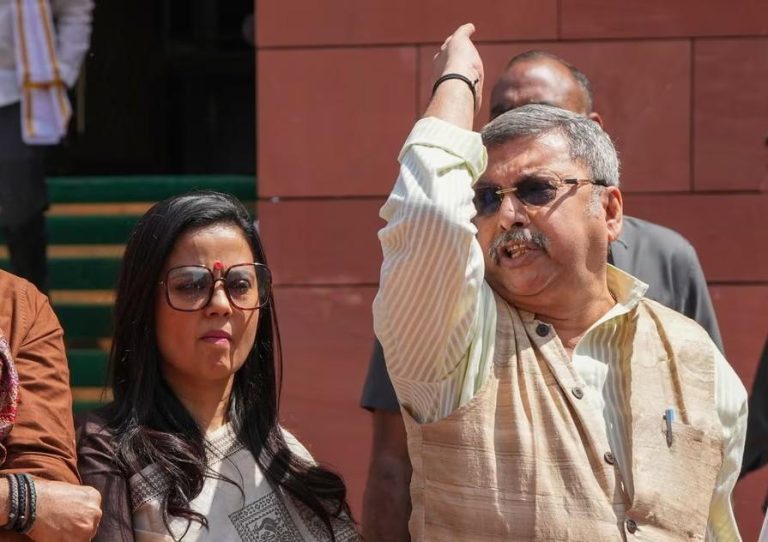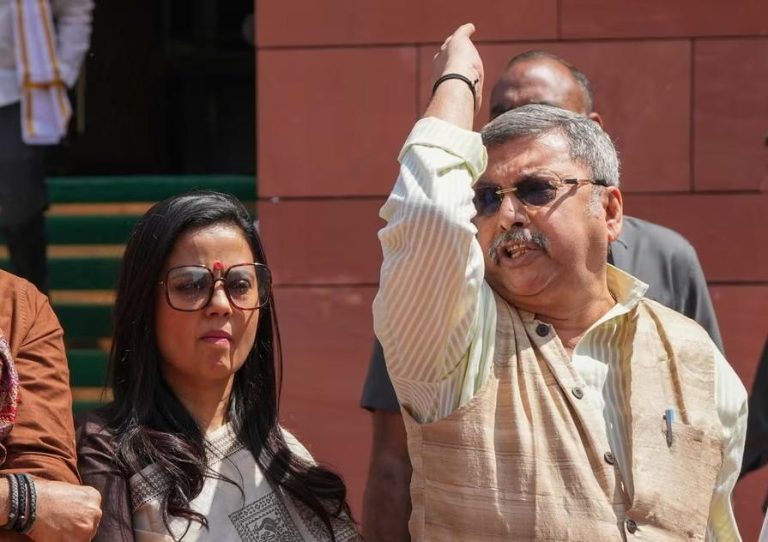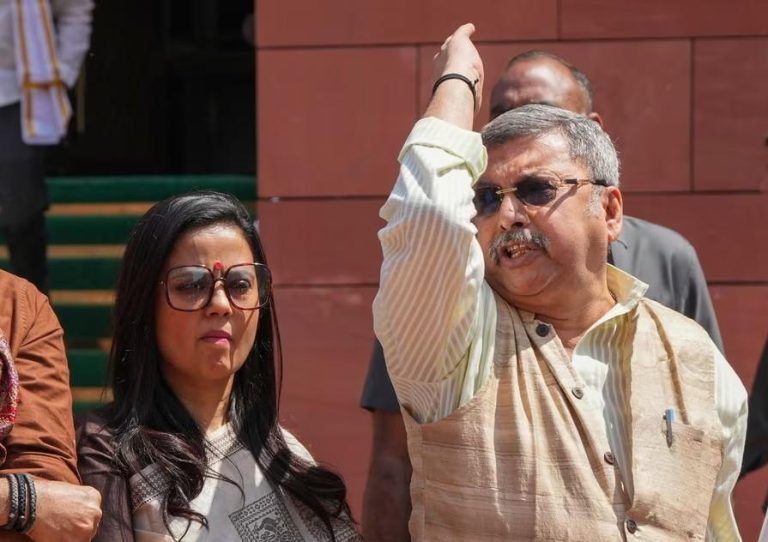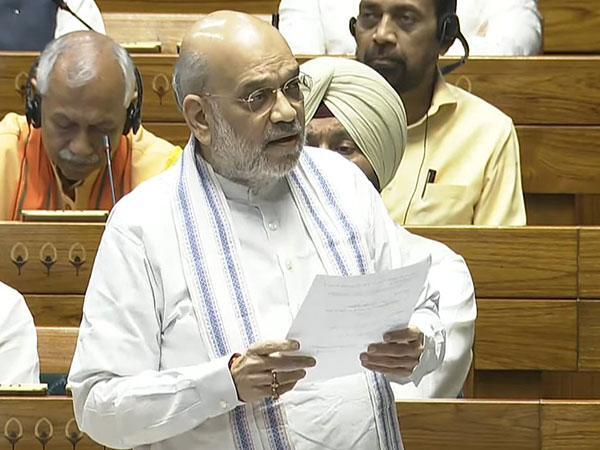
Indo-Bangladesh Border Fencing Pending Due to WB Govt: Amit Shah
The Indo-Bangladesh border fencing, a crucial project aimed at curbing illegal immigration and smuggling, has hit a roadblock due to the West Bengal government’s reluctance to provide land for the construction of the border fence. Union Home Minister Amit Shah raised this issue in the Lok Sabha on Thursday, highlighting the challenges faced by the project.
According to Shah, the fencing work of 450 km is pending due to the lack of cooperation from the West Bengal government. He alleged that the ruling party workers in the state engage in hooliganism and religious sloganeering whenever the process of fencing is initiated. This has led to a stalemate in the project, causing significant delays and setbacks.
The Indo-Bangladesh border has been a sensitive issue for decades, with concerns over illegal immigration, smuggling, and terrorism. The border fencing project was initiated by the Indian government in 2002, with the aim of securing the 3,968 km long border with Bangladesh. The project has faced numerous challenges, including resistance from local communities, environmental concerns, and allegations of human rights violations.
The West Bengal government’s reluctance to provide land for the border fence is not a new issue. In the past, the state government has expressed concerns over the impact of the project on local communities and the environment. However, the Union Home Minister’s statement has highlighted the gravity of the situation, emphasizing the need for cooperation from the state government to complete the project.
The border fencing project is crucial for national security, as it would help to prevent illegal immigration, smuggling, and terrorist activities. The project would also help to boost economic growth by ensuring that Indian goods and services are not diverted to Bangladesh through illegal means.
However, the project has faced numerous challenges, including resistance from local communities, allegations of human rights violations, and environmental concerns. The West Bengal government’s reluctance to provide land for the border fence is just one of the many hurdles that the project has faced.
In recent years, there have been several instances of violence and protests against the border fencing project. In 2019, a group of protesters clashed with police in West Bengal’s Murshidabad district, demanding that the government stop the border fencing project.
The project has also faced environmental concerns, with critics arguing that it would harm the natural habitat of several endangered species. The project would also require the relocation of several villages, which has led to concerns over the livelihood of local communities.
Despite these challenges, the Union Home Minister has reiterated the government’s commitment to completing the border fencing project. The project is expected to be completed by 2024, with a budget of over Rs 30,000 crore.
In conclusion, the Indo-Bangladesh border fencing project is crucial for national security and economic growth. However, the project has faced numerous challenges, including resistance from local communities, allegations of human rights violations, and environmental concerns. The West Bengal government’s reluctance to provide land for the border fence is just one of the many hurdles that the project has faced. The Union Home Minister’s statement has highlighted the gravity of the situation, emphasizing the need for cooperation from the state government to complete the project.
